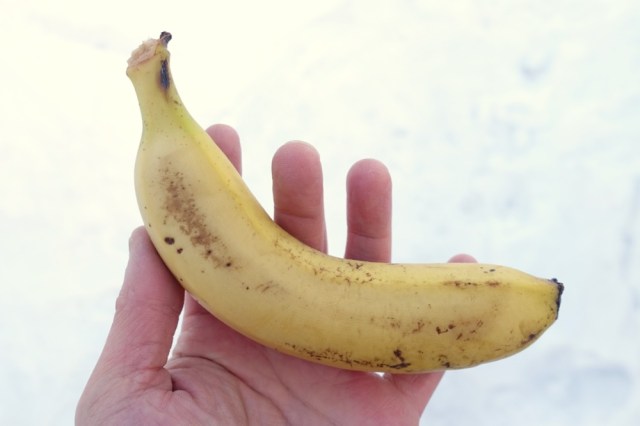
Basically, more than 150,000 condoms will be given to athletes as souvenirs of their time in Japan.
The Tokyo Olympics , which start on July 23, are going to be very different from how the Games are usually held. For starters, the international sporting competition will have no spectators from overseas at its venues, and it’s still questionable just how many foreign athletes will be showing up as well, either because their own populations are not widely vaccinated against the coronavirus or because of concerns about Japan’s currently low vaccination rates.
One thing is for sure, though: athletes competing in the 2021 Tokyo Olympics and Paralympics will still be given condoms, as four Japanese manufacturers will be supplying competitors with a total of 160,000 condoms.
In and of itself, this isn’t so strange. Athletes staying in the Olympic Village have been being provided with condoms since the 1988 Seoul Olympics, and it’s pretty much an open secret that lodging a huge group of young, physically fit individuals in close proximity to one another for two weeks usually results in plentiful copulation. However, many are already questioning whether it’s safe to be holding the Olympics in the first place during a pandemic, and encouraging athletes to get naked seems like an unnecessary additional risk.
However, the Tokyo Olympics Organizing Committee insists that its distribution of condos is completely compatible with proper social distancing protocols. Why? Because they don’t want athletes to use the condoms while they’re at the Village at all, clarifying;
“Our intent and goal is not for athletes to use the condoms at the Olympic Village, but to help with awareness by taking them back to their own countries.”
In other words, the Olympic condoms are meant to be souvenirs from the competitors’ time in Japan, which they’ll enjoy using once they’re back home. Sort of like how you might pick up a box of Japan-exclusive KitKats at Haneda Airport to share with your friends after a trip to Japan, except that instead of putting the souvenir in your mouth, you’re putting it around a penis.
▼ “So long! Remember me the next time you’re about to have sex!”
The committee has also said it’s reexamining the specific distribution process, implying that perhaps they won’t be given out until after the Games are done and athletes are leaving the village. But if organizers don’t want athletes having sex until they’re back home, then why do they feel the need to give them condoms while they’re in Japan? For starters, the Organizing Committee cited the IOC’s stated objective of using the Games as a platform to promote awareness of the dangers of HIV. However, an athlete going back to their home country and saying “Hey, let’s try out my Olympic condom I got in Japan” doesn’t seem like it’s going to raise awareness of safe sex in anyone other than their specific partner for that night.
Though not directly mentioned by the Organizing Committee, odds are two practical issues are playing a larger role. First, organizers may be resigned to the eventuality that no matter how much they discourage it, a number of athletes might still have sex while they’re in Japan, and thus feel obligated to provide condoms, since that’s been part of Olympic Village accommodations for decades now. In addition, the contracts and payments to the four Japanese manufacturers for their 160,000 condoms were probably locked in some time ago. If the Organizing Committee is stuck with the bill, and the manufacturers want the PR boost from being official Olympic suppliers, there’s not much left to do except distribute them to their originally intended recipients, though maybe they should get Japan’s condom ambassador, gravure model Airi Shimizu, to help stress the “Don’t use them until you get home” part.
Source: Tokyo Sports Web via Yahoo! Japan News
Top image ©SoraNews24
Insert image: Wikipedia/Gryffindor
● Want to hear about SoraNews24’s latest articles as soon as they’re published? Follow us on Facebook and Twitter!